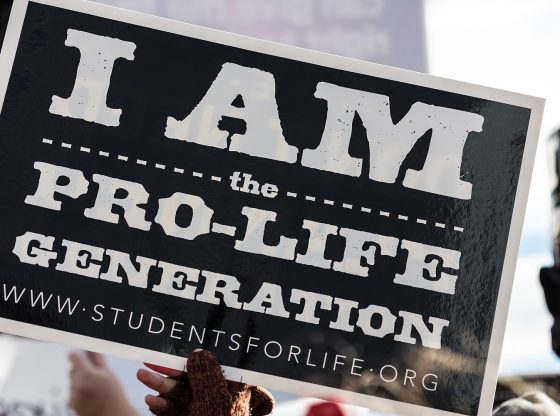In London, England, a woman has been sentenced to 28 months in prison for illegally obtaining abortion drugs beyond the legal timeframe, leading to the unfortunate loss of her unborn baby, referred to as “Lily” by the court, at 8 months of pregnancy. Court records indicate that she acquired the drugs during the 2020 lockdown through a do-it-yourself (DIY) abortion program, bypassing essential medical assessments.
As a result, she went into labor after consuming the pills, and her baby was delivered stillborn. The judge noted that the woman was in her 32nd to 34th week of pregnancy when she induced a miscarriage in May 2020, using medication intended for the first 10 weeks of pregnancy.
During the proceedings, it came to light that the woman had conducted online searches regarding self-administered abortions without medical guidance. In response to this case, the Society for the Protection of Unborn Children (SPUC), a pro-life organization, expressed their concerns about the incident and directed criticism towards abortion providers for endorsing unsafe home abortions.
SPUC asserted that this particular occurrence exposes the insufficiency of existing abortion regulations. Moreover, they criticized the British Pregnancy Advisory Service (BPAS), a prominent abortion provider, for advocating the distribution of abortion drugs through the mail and advocating for the removal of abortion laws.
SPUC emphasized that decriminalizing abortion would not effectively safeguard vulnerable women and would actually introduce additional risks to their lives. The tragic loss of a fully viable baby underlines the urgent necessity for enhanced safeguards in protecting our unborn.








